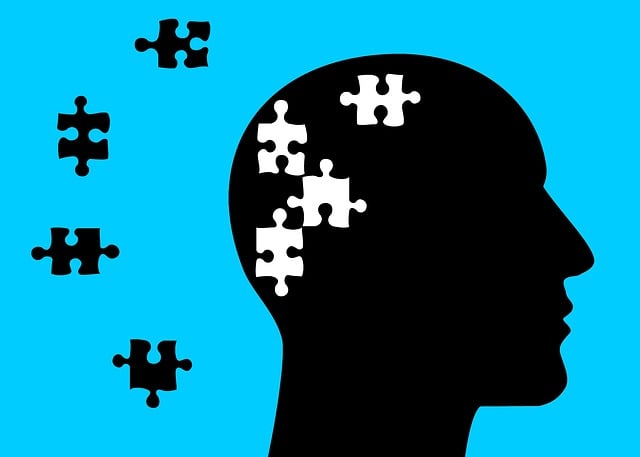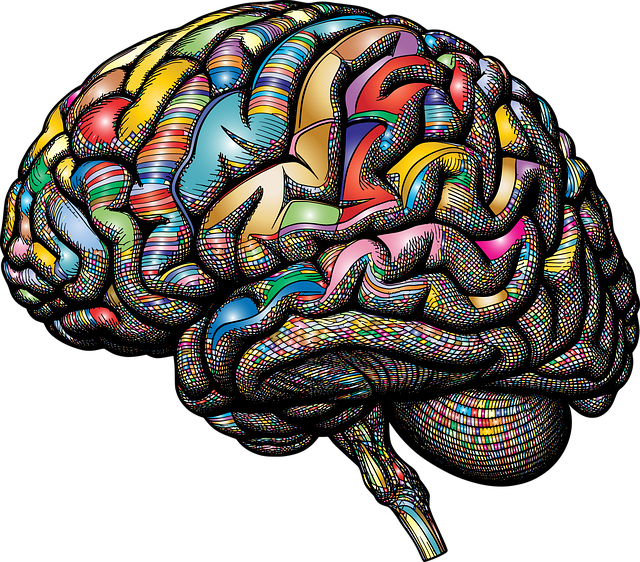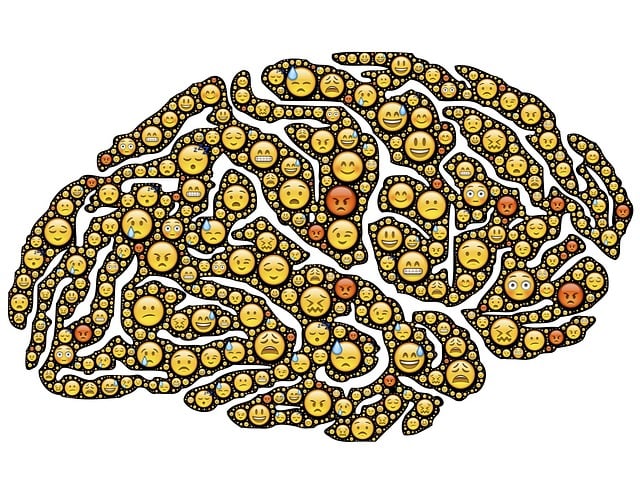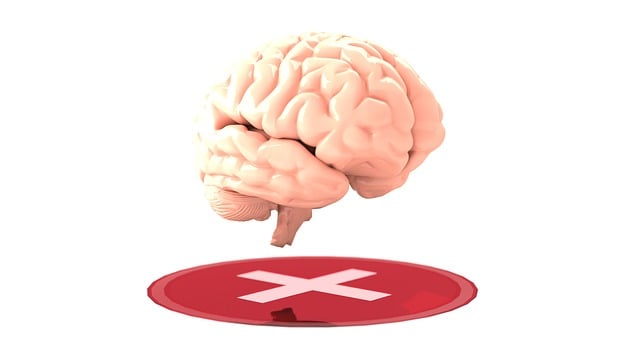Public awareness campaigns led by organizations such as Lone Tree Eating Disorders Therapy are vital for educating communities about eating disorders, fostering understanding, and breaking down stigma. These initiatives promote self-care, stress management, and anxiety relief, while providing knowledge on risk factors, prevention, and recovery resources. Tailored messaging based on demographics and cultural contexts, leveraging social media platforms, and advocacy for mental health policies are key strategies. Measuring campaign success through public perception surveys and resilience-building concepts contributes to community well-being and potentially reduces eating disorder prevalence, improving access to therapy like Lone Tree Eating Disorders Therapy.
Public awareness campaigns play a pivotal role in tackling complex issues like eating disorders, as seen in Lone Tree Eating Disorders Therapy. This article delves into three key aspects: understanding public perception and its impact on therapy, exploring effective campaign strategies through engaging and targeted outreach, and measuring success by evaluating the influence on treatment-seeking behaviors within the Lone Tree community. By harnessing the power of education, these campaigns can drive significant positive change.
- Understanding Public Awareness: The Role of Education in Eating Disorders Therapy
- Strategies for Creating Effective Campaigns: Engaging and Targeted Outreach
- Measuring Success: Evaluating the Impact of Public Awareness Campaigns on Lone Tree Eating Disorders Therapy
Understanding Public Awareness: The Role of Education in Eating Disorders Therapy

Public awareness campaigns play a pivotal role in educating communities about various issues, including eating disorders. At Lone Tree Eating Disorders Therapy, we recognize that raising public consciousness is more than just sharing statistics; it’s about fostering understanding and breaking down stigma. Education serves as the cornerstone of effective therapy, empowering individuals to recognize signs, offer support, and seek help early on. By integrating Self-Care Practices and Stress Management techniques into these campaigns, we can promote Anxiety Relief and encourage a healthier relationship with food and one’s body.
Through targeted initiatives, communities can be equipped with valuable knowledge about risk factors, prevention strategies, and recovery resources. This proactive approach not only benefits those directly affected but also fosters a supportive environment where individuals feel comfortable discussing their struggles openly. By combining education with accessible therapy options, such as those offered at Lone Tree Eating Disorders Therapy, we can significantly contribute to improved outcomes and enhanced well-being for those navigating eating disorders.
Strategies for Creating Effective Campaigns: Engaging and Targeted Outreach

Developing effective public awareness campaigns for mental health issues like eating disorders requires strategic outreach that resonates with diverse audiences. One key approach is to tailor messages based on specific demographics, needs, and cultural contexts. For instance, a campaign targeting young adults struggling with eating disorders might focus on social media platforms popular among them, utilizing relatable content creators to share their personal journeys and recovery experiences. This strategy fosters empathy and reduces stigma through authentic storytelling.
Additionally, integrating Mental Health Policy Analysis and Advocacy into awareness campaigns can catalyze systemic change. By highlighting the impact of policy decisions on access to treatment, such as the availability of Lone Tree Eating Disorders Therapy, advocates can build political will for evidence-based mental illness stigma reduction efforts. Empathy Building Strategies play a pivotal role in this process, encouraging policymakers to consider the human face behind statistics and prioritize funding for accessible, quality care.
Measuring Success: Evaluating the Impact of Public Awareness Campaigns on Lone Tree Eating Disorders Therapy

Measuring success is an integral part of any public awareness campaign, especially when aiming to impact sensitive issues like eating disorders. In the context of Lone Tree Eating Disorders Therapy, evaluating the effectiveness of these campaigns can be a complex task. One way to assess success is by tracking changes in public perception and behavior related to eating disorders. This might involve surveying individuals before and after the campaign to gauge their understanding, attitudes, and potential shifts towards seeking help or adopting healthier self-care practices.
By integrating resilience-building concepts within awareness campaigns, it becomes possible to foster a sense of empowerment among individuals at risk. Mental health professionals can play a crucial role in this process by conducting risk assessments to identify those who may be particularly vulnerable and offering tailored interventions. This holistic approach ensures that public awareness campaigns are not just informative but also contribute to the overall well-being of communities, potentially reducing the prevalence of eating disorders and improving access to appropriate therapy, such as Lone Tree Eating Disorders Therapy.
Public awareness campaigns play a pivotal role in shaping societal understanding and support for issues like eating disorders, as evidenced by their positive impact on Lone Tree Eating Disorders Therapy. By employing strategic outreach methods and focusing on education, these campaigns empower communities to recognize early signs, offer support, and reduce stigma. Through successful evaluation and measurement, the effectiveness of such initiatives can be proven, fostering a more inclusive and compassionate environment for those seeking therapy.














